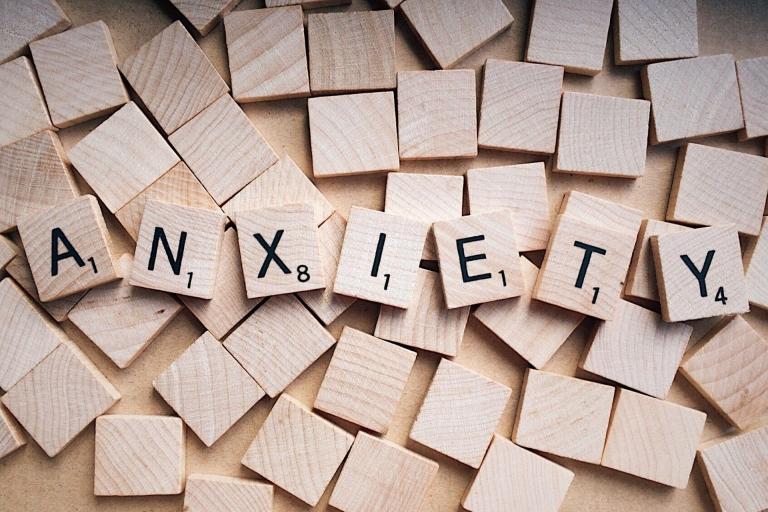Megan was anxious. She interviewed for a new job and was sure she wouldn’t get it. When I asked her why she felt this way, she interpreted the interviewer’s reactions to her as negative, “I could just tell she didn’t like me. She looked bored. She looked at me like she was judging me.”
Megan’s anxious reaction is an emotion created in the brain. How our brain reacts to certain situations can produce anxiety. Anxiety is created by our interpretation of the situation. In this case, Megan’s brain was reacting to the interview. The situation (interview) didn’t cause anxiety. It’s how Megan interpreted that situation that led her to feel anxious.
Here is an example of why your interpretation makes a difference. Let’s say a bear appears in the woods. A camper is frightened and feels highly anxious. But a zoologist saw that same bear and was fascinated, not frightened. She did not feel anxious. Both the camper and the zoologist saw the bear, but their interpretations of the the same event were different. One created anxiety, the other did not.
When it comes to dealing with anxiety, the thinking part of your brain (called the cortex) can turn neutral situations into anxious ones. This happens when you interpret things negatively.
To better understand how you might interpret things, ask yourself a few questions:
Do you have a tendency to expect the worse?
Do you focus on your imperfections?
Do you think any feedback is criticism?
Do you take things too personally?
Do you try to please people so you won’t disappoint them?
Do you have trouble being kind to yourself when you make a mistake?
If you answered, YES, to the questions above, your brain, specifically your cortex, will increase your anxiety. In order to stop those negative interpretations, you need a cortex-based approach.
A cortex-based approach
First, realize that you have control over how you think and your thoughts. For instance, your boss tells you that your report was good, but there was a problem on page 4. You interpret his comments as, “Oh no, he thinks I can’t do good work.” Then, you feel anxious.
Now, instead of interpreting his remarks as a horrible mistake that might lead to demotion, you choose to interpret things differently. You think, “The feedback was helpful and he did like my report.” This more positive interpretation will lead to feeling less anxiety. The situation didn’t change, but your interpretation of it did! It was the same event, but you had a different result because you changed your thoughts.
How to lessen anxiety
In order to lessen your anxiety, begin by assessing your thoughts. Next, identify how often you go negative with the interpretation of events. Then, try to think differently about each event and make a more positive interpretation of the situation. This is how you train your brain towards the positive and away from anxiety. A more positive thought stops the brain from sending a message to the emotional activation part of the brain. With positive interpretations, you don’t get highly aroused and feel anxious. The more you practice this, the stronger the positive thoughts will be and anxiety will go away.
This is how you retrain your brain. You think about situations and events and try to interpret them positively. This positive focus stops the brain from activating anxiety. It’s takes some work to retrain your brain, but feeling less anxious is worth it!



